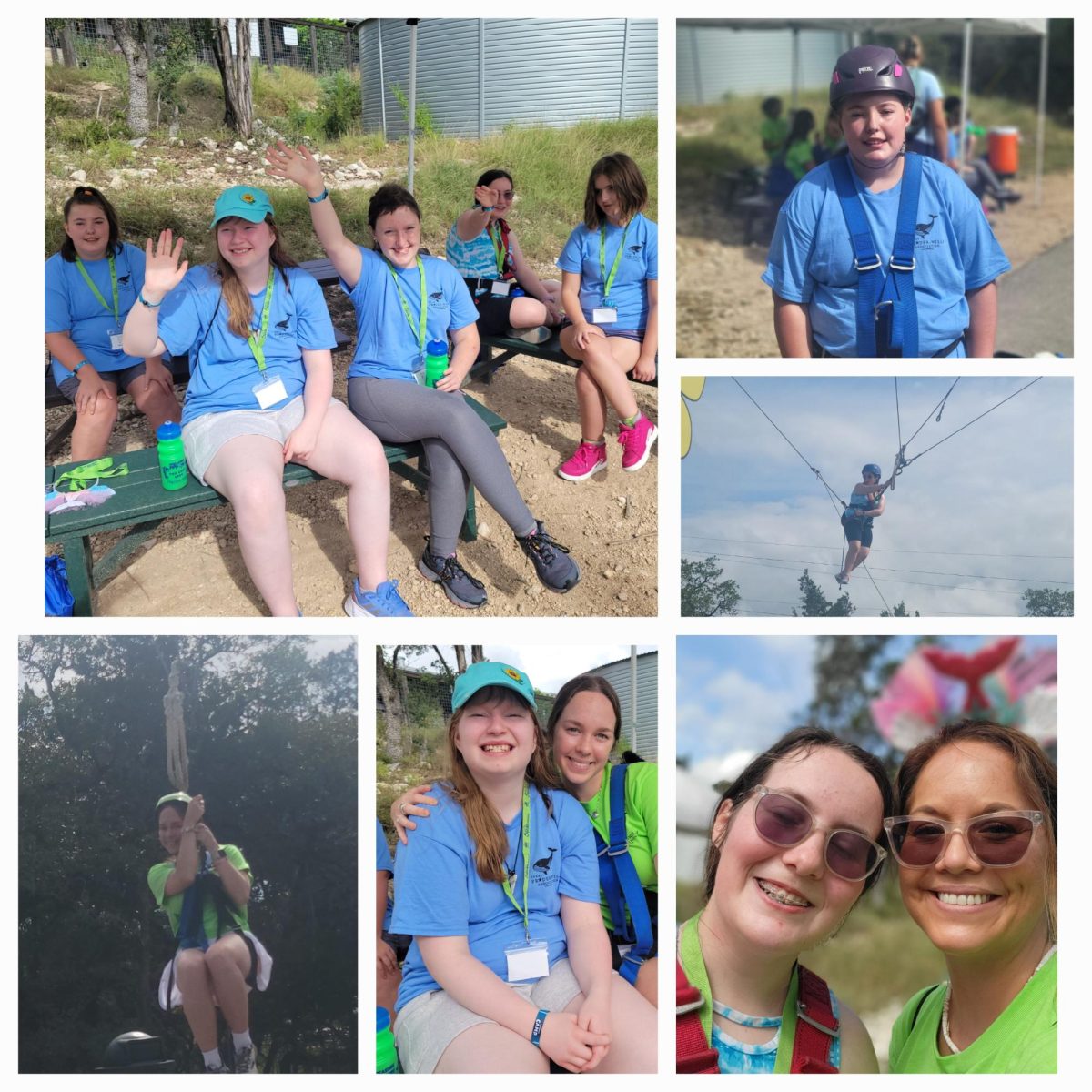Sleep Disorders
Sleep is a lot more complicated than closing your eyes.
Sleep disorders are disorders that prevent around 70 million Americans from getting proper sleep every day. Whether too much or too little sleep, these disorders cause both long-term and short-term problems. In this article, I’ll go over some different ones.
Insomnia
We’ve all had those nights of tossing and turning in bed for hours on end. Stress, homework, and other factors might keep us up late at night. Sometimes, these sleepless episodes last for a few days on end. This is known as insomnia. Insomnia is one of the most well-known sleep disorders and affects around 50% of adults. It can be both long-term (chronic insomnia) or short-term (acute insomnia). Insomnia, in general, is a sleep disorder where people have trouble falling or staying asleep. Symptoms include fatigue, feeling unrefreshed and moody after waking up, and trouble concentrating. But what if these came from the opposite problem?
Narcolepsy
Narcolepsy is a neurological disorder in which the person has uncontrollable sleep episodes during the daytime and has trouble staying awake. They may also experience random muscle weakness. While rare (it affects around 135,000 to 200,000 people in the U.S.), narcolepsy can seriously alter some people’s lives. Narcolepsy is often left diagnosed and therefore, untreated. According to the National Institute of Neurological Disorders and Stroke, narcolepsy can disrupt social, academic, and work activities by interfering with psychological and cognitive development.
Jet Lag
Sometimes we travel from one time zone to another and find ourselves falling asleep at 10 in the morning. This is quite common and way less harmful than other sleep disorders. Known as jet lag, desynchronosis is a mild sleep disorder in which a person’s natural “clock” becomes out of sync due to being in a different time zone. While it causes fatigue and difficulty concentrating, It’s temporary and goes away as soon as the person’s body adjusts to being in a different place.
More
Other sleep disorders include (but aren’t limited to) sleep apnea, restless leg syndrome, and sleepwalking. While some are less serious then others, it’s important to treat them. Left untreated, they can cause long-term problems both physically and mentally. Teenagers need at least 8 hours of sleep a night. Make sure to take little steps, like turning off electronics an hour before bed and getting exercise during the day, to ensure a restful night of sleep.

Lyla Boretz is a 13-year-old student with a passion for music and sports. She's played the violin for 5 years, figure skated for two, and did English riding...
























